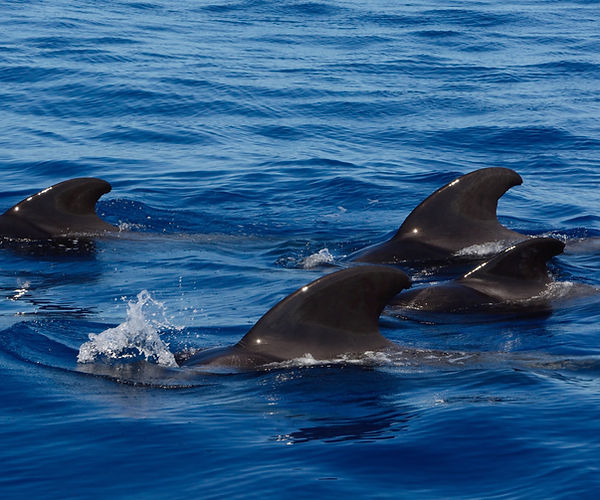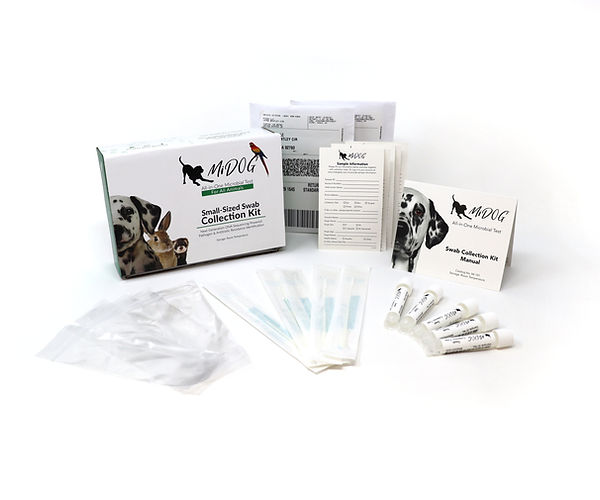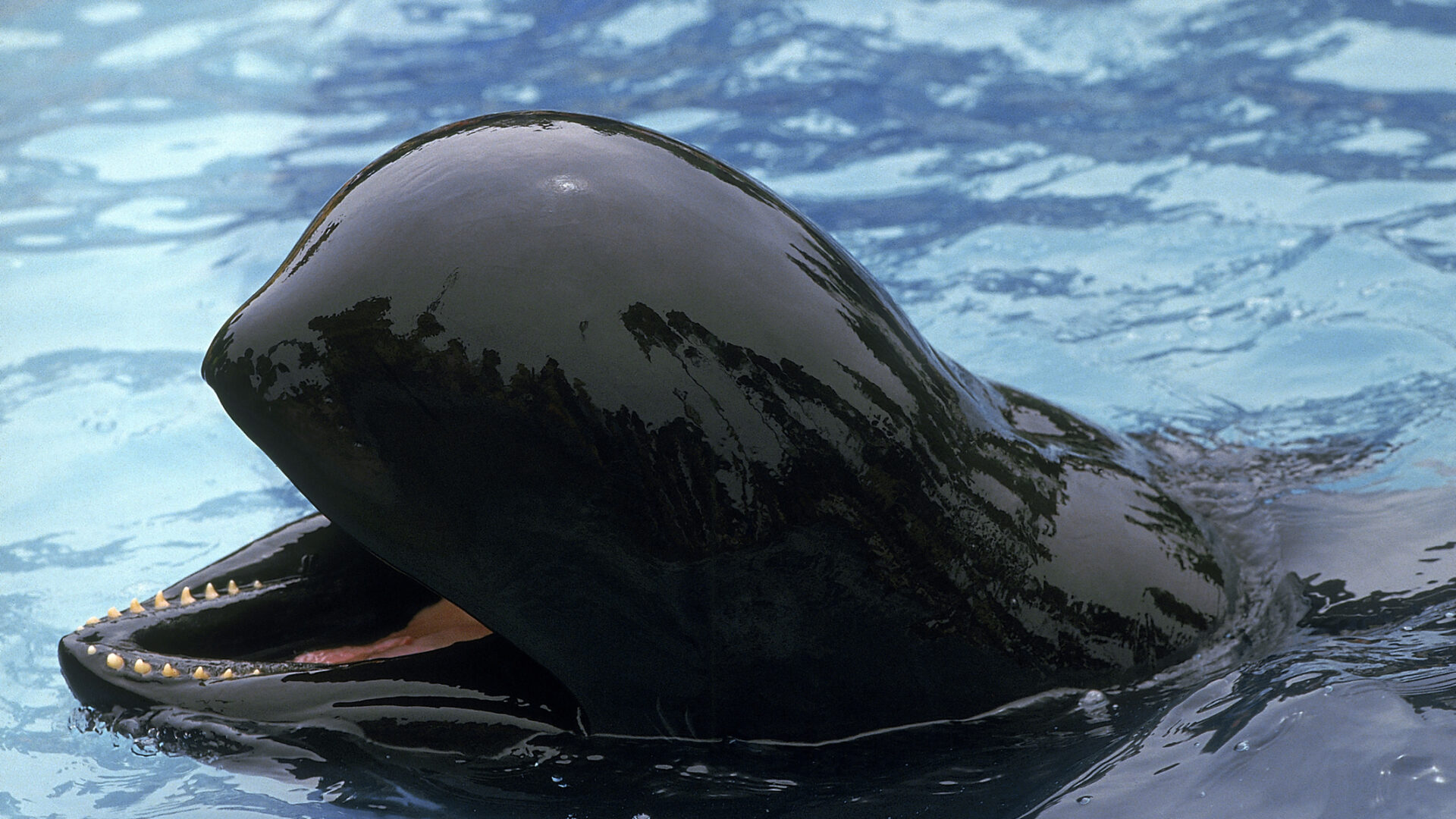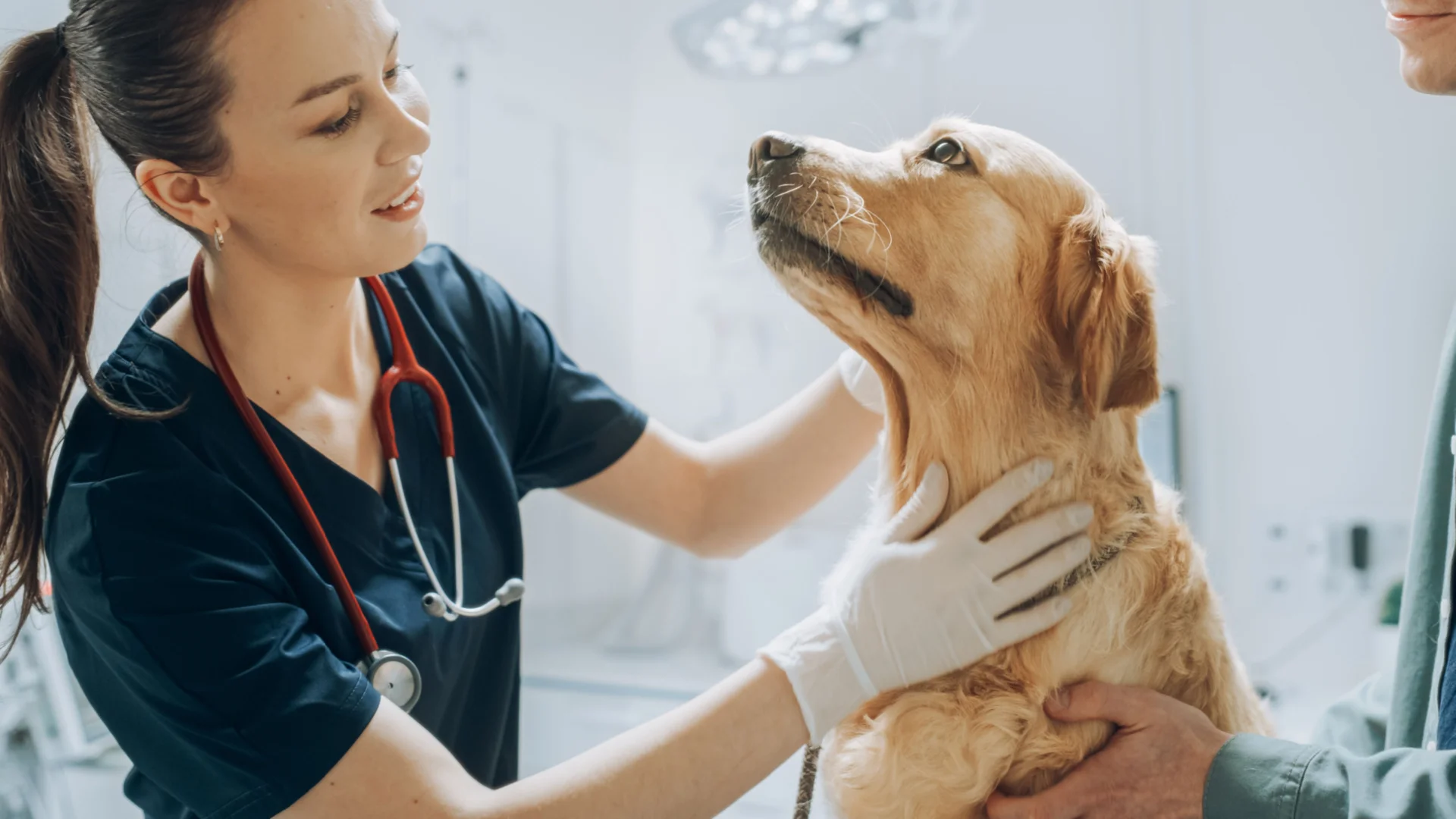
Fecal microbiota transplantation (FMT) has been used in human and veterinary medicine to treat various gastrointestinal diseases including dysbiosis, but not until recently has FMT been used to treat pilot whales [1]! Marine mammals like pilot whales are particularly at risk for “infection by fecal-associated zoonotic pathogens” [2]. Considering gastrointestinal microbial diversity is essential for the health, survival, and regulation of the physiological function of the host, enteric infections and dysbiosis can have significant impacts on the well-being of pilot whales [3].
Our team at MiDOG has collaborated with the Animal Health Department at SeaWorld San Diego to produce groundbreaking research characterizing the fecal microbiome of pilot whales while also testing the efficacy of FMT.
Advancements in Pilot Whale Microbiome Characterization
Microbial diversity varies greatly depending on the species of animal and its location within the host [4]. Although research regarding the gastrointestinal microbiome of pilot whales is limited, several studies have increasingly focused on marine mammal gastrointestinal microbiota. One literature review determined that various marine mammals’ gut microbiomes are largely composed of Firmicutes, Bacteroidetes, and Proteobacteria [1].
To optimize patient care and accurately identify the specific microbes affecting marine mammal health, scientists at MiDOG LLC created a new microbial DNA sequencing technology that identifies the presence and composition of microbes in patient samples. MiDOG’s sequencing technology has allowed for the rapid identification of pathogenic microbes soon after the collection of marine mammal fecal samples. This technology is particularly exciting because it allows for real-world intervention as well.
MiDOG technology has revolutionized the ability of marine veterinary medicine to accurately diagnose and treat marine mammal infections. In a collaborative study led by scientists from MiDOG LLC and researchers from the Animal Health Department SeaWorld San Diego, baseline fecal microbiota from four pilot whales was taken and assessed. The most abundant bacterial species were “Photobacterium damselae, Clostridiales sp., Clostridium perfringens, Clostridium disporicum, and Terrisporobacter glycolicus”[1]. Moreover, the most abundant fungi on average were Candida albicans [1].
Can Fecal Microbiota Transplants Help Pilot Whales?
The second part of the collaboration between MiDOG and the Animal Health Department of SeaWorld entailed assessing the impact of FMTs on gastrointestinal microbial diversity in pilot whales. This is the first published study on FMT in marine mammals, and the results suggest that the overall success of FMT is unclear. The researchers noted that although “clinical signs of dysbiosis and microbial diversity initially resolved…the recipient later had recurring gastrointestinal upset, anorexia, and lethargy, requiring aggressive antimicrobial administration for stabilization” [1]. Specifically, Escherichia coli and Enterococcus faecalis had overwhelmed the whale’s gastrointestinal tract, suggesting a more complex pathogenic strategy.
If you would like to learn more about FMTs in pilot whales, you can also read the full study here.
How Can MiDOG Tests Help Whales?
The MiDOG All-in-One Microbial Test may provide the answer to the diagnostic conundrum that enteritis poses. Utilizing NGS technology to detect and quantify all microbial DNA through untargeted and comprehensive sequencing and quantitative comparisons to reference databases, the MiDOG NGS technology provides a useful opportunity to shed light on the microbial makeup of pilot whale gastrointestinal health for clinical application. The MiDOG microbiome test is a microbial identification test grounded on scientific research that provides veterinarians DNA evidence for the guided treatment of marine mammals.

Find out if your vet uses MiDOG before you book your next appointment!
Citations:
[1] Brown, K., Krumbeck, J., Herrick, K., & Schmitt, T. (2022). Faecal microbiota anlaysis and transplatiation in four oceanaria based short finned pilot whales Globicephala macrohynchus. JZAR, 10(4). https://doi.org/10.19227/jzar.v10i4.692
[2] Oates, S. C., Miller, M. A., Byrne, B. A., Chouicha, N., Hardin, D., Jessup, D., Dominik, C., Roug, A., Schriewer, A., Jang, S. S., & Miller, W. A. (2012). Epidemiology and potential land-sea transfer of enteric bacteria from terrestrial to marine species in the Monterey Bay Region of California. Journal of Wildlife Diseases, 48(3), 654–668. https://doi.org/10.7589/0090-3558-48.3.654
[3] BAI, S., ZHANG, P., LIN, M., LIN, W., YANG, Z., & LI, S. (2020). Microbial diversity and structure in the gastrointestinal tracts of two stranded short‐finned pilot whales ( Globicephala Macrorhynchus ) and a pygmy sperm whale ( kogia breviceps ). Integrative Zoology, 16(3), 324–335. https://doi.org/10.1111/1749-4877.12502
[4] Brown, K., Krumbeck, J., Herrick, K., & Schmitt, T. (2021). Serial metagenomic analysis of fecal microbiome in oceanaria-based pilot whales (Globicephala Macrorhynchus) and fecal microbiota transplantation (FMT) – IAAAM 2021 – vin. IAAAM 2021. Retrieved November 16, 2021, from https://www.vin.com/apputil/content/defaultadv1.aspx?pId=27093&catId=164676&id=10200649&ind=69&objTypeID=17
Categories: Marine Mammal

